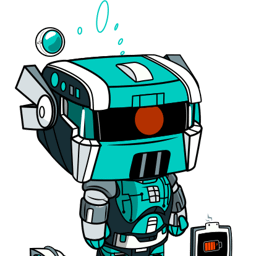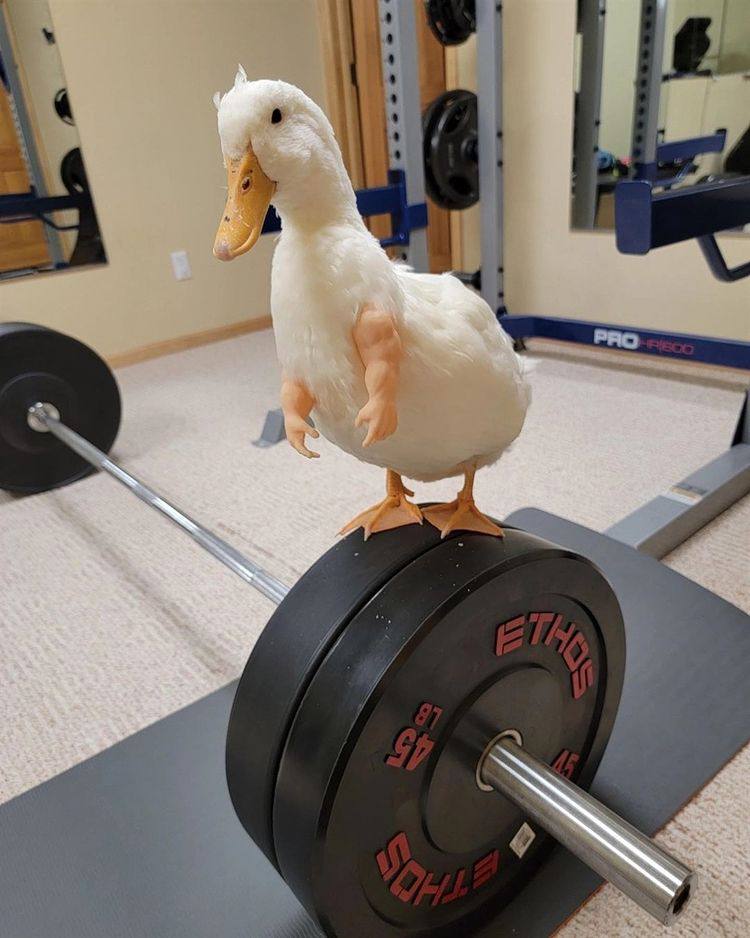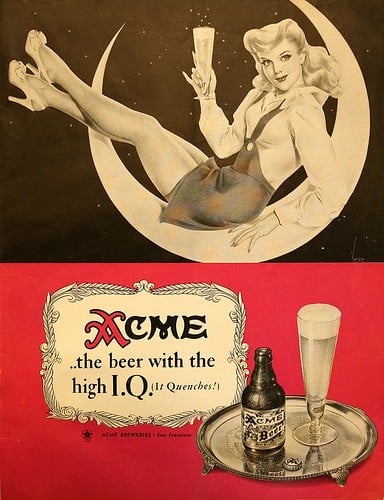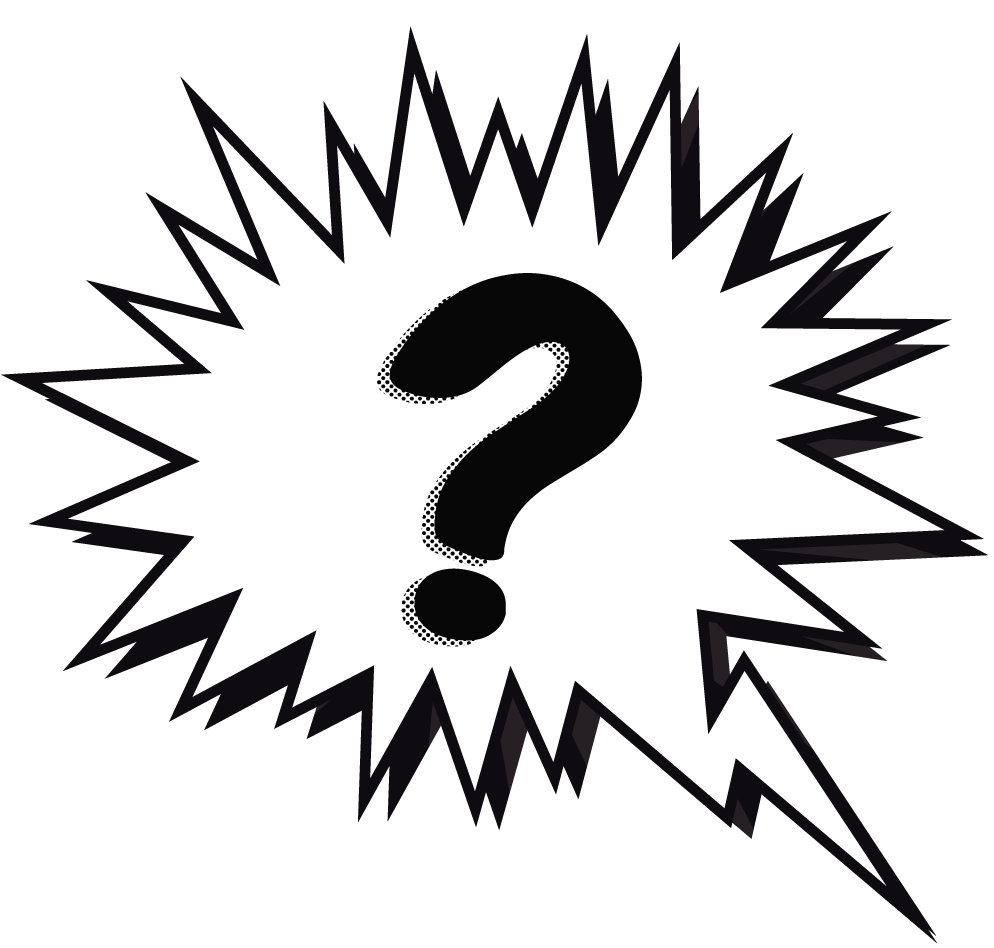Happens way too often to me.
edit: I had no idea this was such a common issue!

I’m doing it reading these comments right now

I just read through the whole page, what comments are you talking about?

I’m reading and reading, but i still don’t understand what you are saying

This is a great discussion! I wonder what you guys said
I don’t even know what this post is about. OP sounds like a dumbass

wait a second here, what did you say?

I ain’t reading allat

I’ve reread so many pages and chapters because of this, sometimes even restarted books entirely

It’s normal if you have dylsexia/ADHD <3

I used to read a lot more, and I do remember this happening, but it happens a lot for me now with podcasts. I’m a big podcast junkie and I will often find myself going down a rabbit hole of thought and realizing I have no idea what they’re talking about anymore.

So glad it’s not only me zoning out on podcasts. I haven’t been able to read a book in years. I’m hoping i can get back into reading again now that I nuked my reddit account

who are you and how do you know me

We need a new r/adhdmemes over here

I think I saw it already

!adhd@lemmy.dbzer0.com This one?

This happens to me a lot. I have ADHD.

Haha yeah came here to comment this to OP. Like, hey I might have some news for you 😉 This is just too recognisable.

And then you have to get a glass of water, feed the dog, go for a walk, do a two hour wiki walk, and maybe then you can go back and read what you’ve missed, but you’ve forgotten the rest of the book.
I’m pretty sure I have undiagnosed inattentive type ADHD so this is the story of my life. One word could send my brain on a journey of other related things even while I’m still reading the words. I have to reread so much.

I have diagnosed adhd and this is very much my life. Audiobooks are the best! It still happens, but way way less
I wish I could do audiobooks. I don’t know if it’s my autism making it more difficult to process auditory information or what, but audiobooks are even more difficult for me. I love podcasts though, since that is just casual conversation and I never get too lost even if I zone out and miss something.

I’ve never been able to do audiobooks unless I’m reading along. Can’t pay attention to spoken words. I used to hate when teachers would make students take turns reading passages aloud. I literally couldn’t pay attention because they would read s o s l o w l y that my brain would have too much time to think between words.
I think you just unlocked a memory. It is so difficult for me to understand when people are talking too slow. I can’t remember what words were at the beginning by the time we get to the end. I always have to watch everything with subtitles.

I have diagnosed inattentive type and was just sitting here wondering if this was a feature of it.

Diagnosed combined type checking in - I also do this. I came to the comments to upvote whoever was here to tell OP that if this is a constant struggle, they might have ADHD.

It’s not even just books for me. I can watch a movie a second time it’s like watching a whole new movie. Like I completely missed half the plot and most of the details. I can also watch 100 episodes of a TV show and realize that I don’t know the main character’s best friend’s name (the best friends who had 30 focus episodes and appeared in 86 of the 100 episodes).

It’s not even just books and movies for me. Sometimes I’d be talking to someone in real life and I’d suddenly become distracted (a text message comes in, I’m reminded about an errand because of a word they said), and the words come in and they don’t make sense. Nowadays I’ve seemed to learned how to queue the words and process them after I get distracted lol.
I can relate to this. Even while talking, sometimes I might forget what I was saying right in the middle of a sentence, and then move my focus onto completely different stuff. I find that eating well and being active somewhat helps though.

All these things you’re bringing up are very common ADHD symptoms! PTSD and extreme stress and fatigue can cause these things too, but if you’re not under particular pressure or recovering from trauma, or if it’s been like this as long as you can remember, you might want to look into ADHD.
Getting diagnosed was life-changing for me and has radically reshaped my conception of myself.
That’s interesting, and I’m glad you’re doing okay now! I’ve never visited a professional about this type of stuff but seems like I might. May I ask how was it life-changing for you?

Sure! Undiagnosed and unaddressed, I struggled my whole life with emotional instability (huge, overwhelming feelings, very reactive), chaos in my head (songs, phrases, conversations, scenarios, etc, all jumbled up on shuffle-repeat while I’m trying to steer a train of thought through), difficulty with relationships (chaotic brain makes conversations tangential & interrupt-y, makes it easy to forget people exist, etc), difficulty starting tasks and finishing projects, and I spent almost 40 years thinking that all of this was the result of various character flaws that someday I would finally be a good enough person to fix:
Someday I won’t be reactive and my brain will be quiet if I just meditate enough! (Meditation does help but definitely wasn’t enough.)
Someday people will like me better if I learn to be quiet during conversations! (I try, I really do. 😂🤦🤷 I literally make lists for and take notes during big conversations.)
Someday I will be successful and have an always-tidy house! (Routines and lists help but weren’t enough.)
Then my 14yo was really struggling in school and with friends and asked to be assessed for ADHD and was diagnosed, so I started reading up on it so I could parent better and in everything I was reading, I recognized myself as much as my kid. All of these problem areas are the result of my brain functioning differently from others’, and no amount of pounding their strategies into it is going to make it act like theirs. There are modified and alternate strategies that work better for neurodivergent brains.
Super half-ass early morning analogy - it’s like trying to drive a manual transmission vehicle when all you know is an automatic. I spent my entire life thinking that my car would start but just wouldn’t go anywhere, but actually I just needed to push the clutch down to get it into gear. 😂 Why didn’t anybody tell me I had a clutch?!?! They don’t have clutches, they don’t know any better. Now that I found my clutch, I can see that my car isn’t a jalopy piece of shit, it’s just different, and it is totally capable of driving!
Life-changing.
Please feel free to ask anything else! I’m happy to discuss, I want to make sure everybody knows to check their floor for a clutch before they give up on their car.

ADHD aside, you need to ask yourself if you like it, if you’re really interested in the content shown, if maybe your mind is distracted in something, or you’re worried/uncomfortable in the environment you are in and the likes. Have you read How to Read a Book by Mortimer J. Adler? the author explains that we learn to read just on a surface level, leading sometimes to problems like you express. He then teaches how to approach a book in a way that you squeeze the most information and knowledge from it, even if its just a fiction book; and in the process, remember everything that you read even after finishing it. What works for me is: give a conscious effort to concentrate in what you’re reading, but don’t stay in the same page, don’t even read a sentence two times. See if you concentrate better with music; I have ADHD and when I read books I need to listen to three diferent playlists to concentrate. Finally, following the first thing I mentioned, giving a conscious effort is exhausting to the brain so when you realize you can’t concentrate anymore just leave it and start again the next day where you left it, you will notice that your brain will stand more and more all the work out you’re giving it.
I appreciate your insightful comment! I’ll definitely read the book you suggested as soon as I can. I’m not sure if I have ADHD as I’ve never visited a professional about these types of things, but I’ll try out some of the advice you’ve given. Thank you and happy fediversing! :)

No problem, happy to help! Hoping that the book ends up useful for you. I have ADHD, so the thing you described is very common for me, but I understand that all people experience something like that even without having it, so is a matter of understanding what is causing it and work to solve it.

I’m sure it’s normal for everyone to do occasionally, but if it’s debilitating/all the time it’s probably something like ADHD. I cannot even read a book but I can listen to an audio book. I might have to rewind it a lot but it’s better than actually reading.

Usually happens because I start thinking about something else without quite realizing it. I do the same thing with podcasts sometimes, too.

I do this pretty often, though usually it’s a sentence or line here and there. of course sometimes books are just written that way and the meaning comes later.
It’s a bit of an ADHD thing and you get better at reading with purpose as you go. I used to barely take anything in and I can see books in my list that I’ve read but remember almost nothing about, try to read with conviction, take it in, imagine it as it happens, your comprehension will improve as you go.

Yeah, definitely an ADD/Attention-Processing issue. I used to read a lot as a kid, and after a head injury that aggravated my ADD and years of reading and talking in short-form messages (SMS, twitter, etc), it took me FOREVER to re-learn the skill of reading long-form text.
Luckily, with practice comes mastery, I was able to regain my abilities to read, and I’m currently working on a few textbooks and two casual books. It’s still a struggle in distracting environments (loud children, hospitals, etc), but it’s getting better the more I read.

I struggle in distracting environments due to ASD pretty much forcing brain to take in everything it hears and tries to process it as it would when someone was talking to me directly. I always read with noise cancelling headphones and ambient music.
When I was getting back into reading as an adult (used to read a lot as a kid but stopped for 20 years) I would read along with audiobooks, that worked wonders for getting into a book that I was struggling with.

Oh that’s a really great method! I used to know a guy with ASD who did kind-of the inverse, he was super familiar with reading (specifically the bible), but he had a hard time with conversations. So he learned how to use the bible as a medium to conduct conversation.
Really, really cool discussions were born from that, and by the time I met him, he was almost independently conducting conversation, only going back to certain bible references when he got stuck or he needed to borrow a story or metaphor.

The brain is at its coolest when it’s just a bit different.
Your bible memorising friend makes me think of the Star Trek episode “Darmok”

Indeed, indeed! Diversity is one of the strongest traits of human life (and life in-general).
I don’t recall that episode, I’ll have to go watch it!

It’s a TNG episode, the commonly memed “Darmok and Jilad, at Tenagra” quote comes from that one. the crew try to talk to aliens that speak almost entirely in historical metaphors so their universal translator gets the words right but cant translate the meaning.
Honestly a great episode on communication and understanding and I actually see it referenced a lot in neurodivergent communities, people (nerds) have written dissertations on that one.

Thanks for the recommendation, I just finished watching it–and yeah that speaks volumes (quite literally, haha!). I love how they started off the episode with a very fluent mixture of non-English and a few English phrases.
I should really go back and revisit TNG! I remember watching it as a kid, but now that I have a few decades under my belt, I’ve gone back and watched a few episodes: and it really is packed with amazing philosophy and social commentary.

I do mostly audio books partly because of this. My reading is mostly monotone, I read so slow, and Ill have to start over sometimes because of what you explained above.
Audio books have amazing voice actors if you get a good one, they can also have sound effects, and they’re much easier for me to absorb.

All the time dude, ADHD sucks lol

ADHD dude here. Can confirm without medication life is a living hell.


